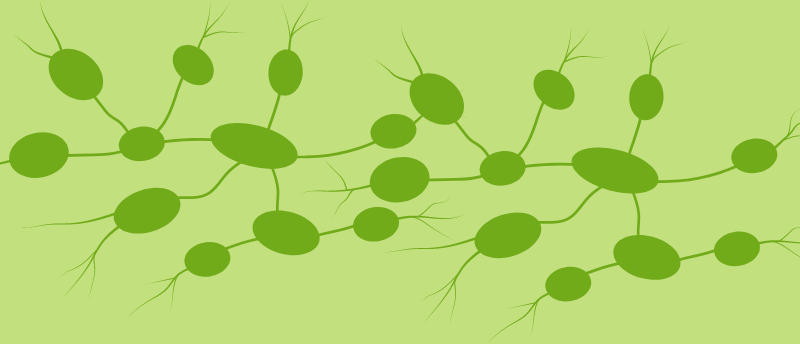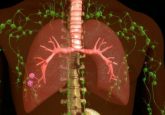Novel biomaterial injection primes lymph nodes for enhanced vaccine response

Researchers have developed a mesoporous silica vaccine that primes mouse lymph nodes for subsequent vaccinations, enhancing their effects.
Researchers at Harvard University (MA, USA) and Genentech (CA, USA) have collaborated to develop a novel biomaterial vaccine capable of boosting the response to subsequent vaccinations in mice. This approach primes lymph nodes to allow for a more robust and prolonged immune response upon secondary immunization. It is hoped that this technology could be applied to enhance both existing and emerging vaccinations and immunotherapies.
Lymph nodes are small, bean-like organs of the immune system that filter lymphatic fluid and house several key immune cells. Upon infection or following immunization, these structures can often swell and become inflamed. Recently, these changes have been associated with alterations in the mechanical features of lymph nodes and the proliferation of immune cells called lymphocytes, both of which boost the immune response. As a result, strategies that encourage increased duration of lymph node expansion represent an attractive approach to increasing the length and profundity of responses to vaccines and immunotherapies.
In this study, researchers sought to increase the duration and profundity of lymph node expansion using mesoporous silica (MPS) rod-based vaccinations that form a biomaterial scaffold under the skin. High-frequency ultrasound imaging was used to confirm that MPS-vaccinated mice sustained a greater degree of lymph node expansion over 100 days, in comparison to mice vaccinated with traditional approaches. Nanoindentation approaches were also used to gauge the stiffness of lymph nodes, and those in MPS-vaccinated mice were found to be less stiff.

Stripping off for safety: a novel ‘naked’ mRNA vaccine emerges
A new mRNA vaccine delivery method without the lipid nanoparticle coating could improve the safety profile of the COVID-19 vaccines and others like them.
The changes to lymph nodes in response to MPS vaccination appear to have an immunostimulatory effect. “It is very well-possible that to accommodate the significant growth induced by MPS-vaccines, LNs [lymph nodes] need to become softer and more viscous, and that this then further impacts immune cell recruitment, proliferation, and differentiation in a feed-forward process,” elaborated Alexander Najibi, lead author of this study.
Subsequently, researchers sought to exploit this effect of MPS vaccination to enhance the effects of traditional vaccinations. Melanoma-bearing mice in receipt of an antigen-free MPS vaccine prior to an antigen-based vaccine showed significantly improved anti-tumor immunity, as well as prolonged survival, compared to mice in receipt of the antigen-based vaccine alone.
Inducing long-term physical and mechanical changes in lymph nodes prior to vaccination represents a new paradigm in immunology that shows promise to greatly extend and enhance the effects of both established and newly developed vaccinations. Immunostimulation with these kinds of smart biomaterials could also be applied to augment immunotherapies, which has the potential to produce more effective cancer treatments.

